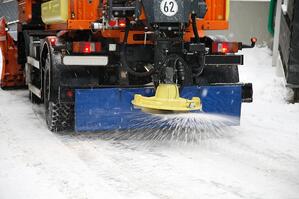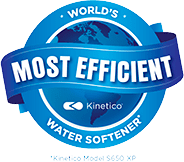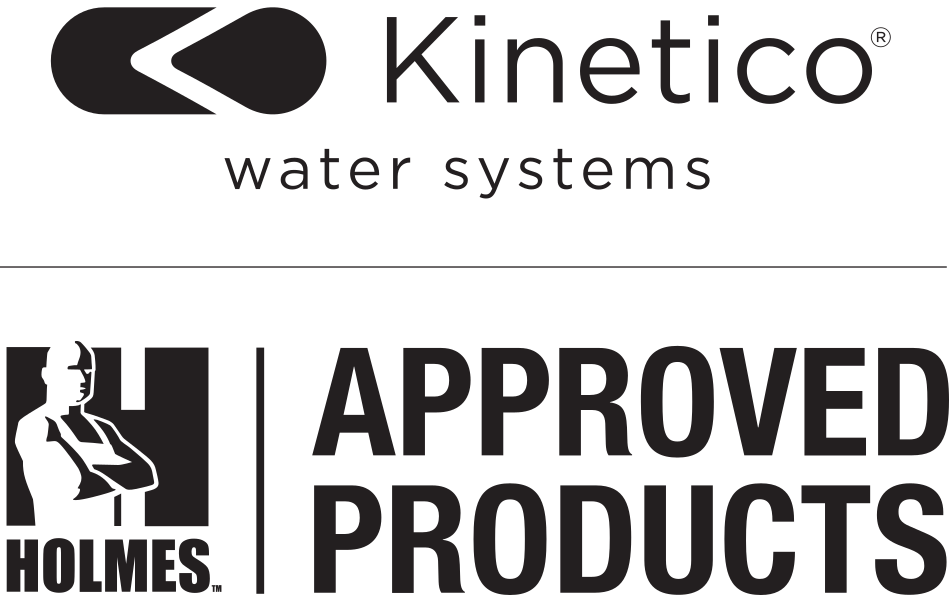Here in Minnesota, our water is naturally hard and we deal with a lot of iced-over sidewalks in the winter. To solve both problems, we need salt. But, is there a difference between the salt you put in your water softener and the salt you sprinkle on your driveway and walkway to melt the ice? Can you use one product for both purposes?
Some people will tell you it’s OK to use softener salt outdoors, or even to use sidewalk salt in your water softener, but we don’t recommend it. The two products are not the same, so they don’t function in the same way. Let us explain.
Sidewalk Salt
The kind of salt we use outdoors is called rock salt. Essentially, it is the raw form of sodium chloride — unprocessed, so it contains about 5% other elements such as shale, clay, and minerals that we find in our soil. By comparison, the salt we use for cooking has been processed to remove those other elements.
Rock salt doesn’t have to be pure to melt ice. At 95% purity, the sodium chlorine in rock salt is quite capable of helping to melt the ice on your driveway and sidewalk. You sprinkle it on, and it lowers the freezing temperature of the snow and ice so it turns to water.
Softener Salt
The chemical composition of the salt we put in our water softener is formulated to maximize ion exchange that transforms our hard water into a more usable, desirable product. As water passes through the resin bed in the tank, the salt releases sodium ions into the water and captures unwanted calcium and magnesium ions.
Theoretically, you could use rock salt in your water softener, but it would be much less efficient. The unit would have to work harder, and you would have to clean it more frequently. So, you’d be wasting time and money. Meanwhile, the rock salt could also release those 5% unwanted contaminants into your household water.
It’s Best to Use the Right Salt for the Job
So, while it would certainly be easier to use one type of salt for both water softening and melting ice, it’s not the smart solution. Sticking with softener salt for water will ensure your indoor appliance continues to perform as you want it to. And sticking with rock salt or a deicing alternative will help you stay safe outdoors.









